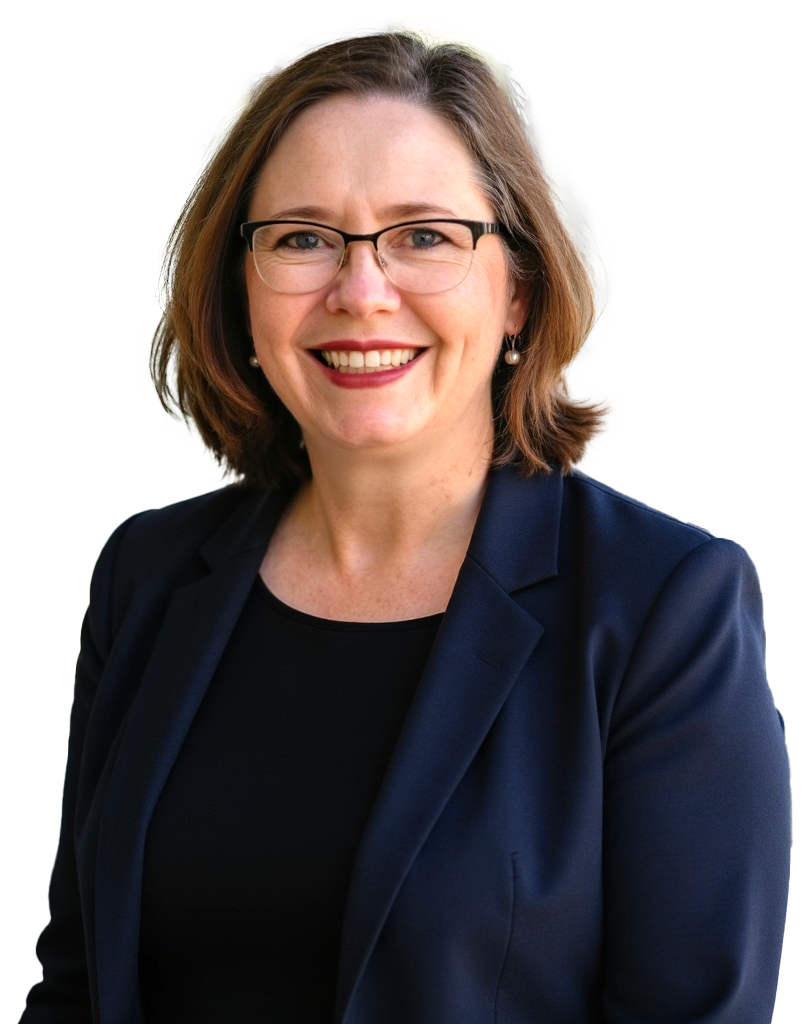Friday, June 6, 2025 | 5:00–6:30 pm
Teaching Critical Thinking:
Why You Should,
Why It's Hard, How You Can
Presented by: Michelle Miller, PhD,
Professor of Psychological Sciences and President’s Distinguished Teaching Fellow,
Northern Arizona University

Across disciplines, critical thinking abilities are both sought-after and elusive. Even skilled instructors struggle with teaching students to engage with course concepts in this particular way, not because faculty lack the interest or motivation to do so, but because of the many challenges inherent to this aspect of how human beings think. In this plenary, Dr. Michelle Miller will invite faculty to explore the challenge and promise of teaching critical thinking, beginning with important principles that the learning sciences have uncovered so far and the surprising relationship between factual knowledge and reasoning ability. These research-based principles open up a range of practical strategies that faculty can begin using right away to help their students become adept and discerning critical thinkers.
Dr. Michelle Miller is a cognitive psychologist, researcher, and speaker focused on supporting and inspiring higher education faculty, instructional designers, and administrators. She advocates for building learning experiences based on research on how people learn and for using educational technologies in ways that align with those principles of learning. Dr. Miller currently serves as a Professor of Psychological Sciences and President’s Distinguished Teaching Fellow at Northern Arizona University.
She is the author of several books including Minds Online: Teaching Effectively with Technology (from Harvard University Press), and Remembering and Forgetting in the Age of Technology: Teaching, Learning, and the Science of Memory in a Wired World (from West Virginia University Press). She has a new book that came out in Fall 2024, called A Teacher’s Guide to Learning Student Names: Why You Should, Why It’s Hard, How You Can (from the University of Oklahoma Press).
Sunday, June 8, 2025 | 11:30 am–12:45 pm
From a Reactive to a Proactive Mindset:
On Teaching During the AI Storm
Presented by: Jason Gulya,
Professor of English, Berkeley College

Part 1 (The AI Storm): We’ll begin by giving some context to what is happening right now, and what the events mean for the future of education. Students are being greeted with more and more “buttons,” which promise to do the heavy lifting for them quickly and easily. Increasingly, students aren’t going to programs like ChatGPT and creating an account. Instead, they are accessing those programs natively on their devices or through other programs. Our role as educators is fundamentally reactive, at least in part. These changes are foisted upon us without our consent.
Part 2 (The Beauty of Colleges): Recent developments are a chance to adapt and revise what colleges do. But that does not mean they roll over. In this part of the presentation, we will cover where these recent developments in AI leave us. What choices do we still have to make, both as individual professors and as colleges? It’s a tough question, because the beauty of colleges is that professors have multiple viewpoints that need to somehow coalesce so that students are career- and life-ready.
Part 3 (The Redesign): How, then, can we redesign our courses in light of AI? What does this technology mean for how we reach and teach our students? In this part of the presentation, Gulya will cover process-based teaching, in particular. This form of teaching asks students to think critically not just about what products they are making, but about how and why they make those products.
Jason Gulya is professor of English at Berkeley College, where he teaches courses ranging from Writing and Literature to AI-Powered Communication and Social Media. He also works as an AI Consultant and Strategist for colleges, and has worked with more than a dozen colleges and thousands of faculty and administrators. His goal is to help colleges use AI responsibly and ethically, while improving students’ learning experiences. For his work in AI and education, he has been featured in Insider and Forbes (three times). He is currently researching the future of close reading in The Age of AI.
